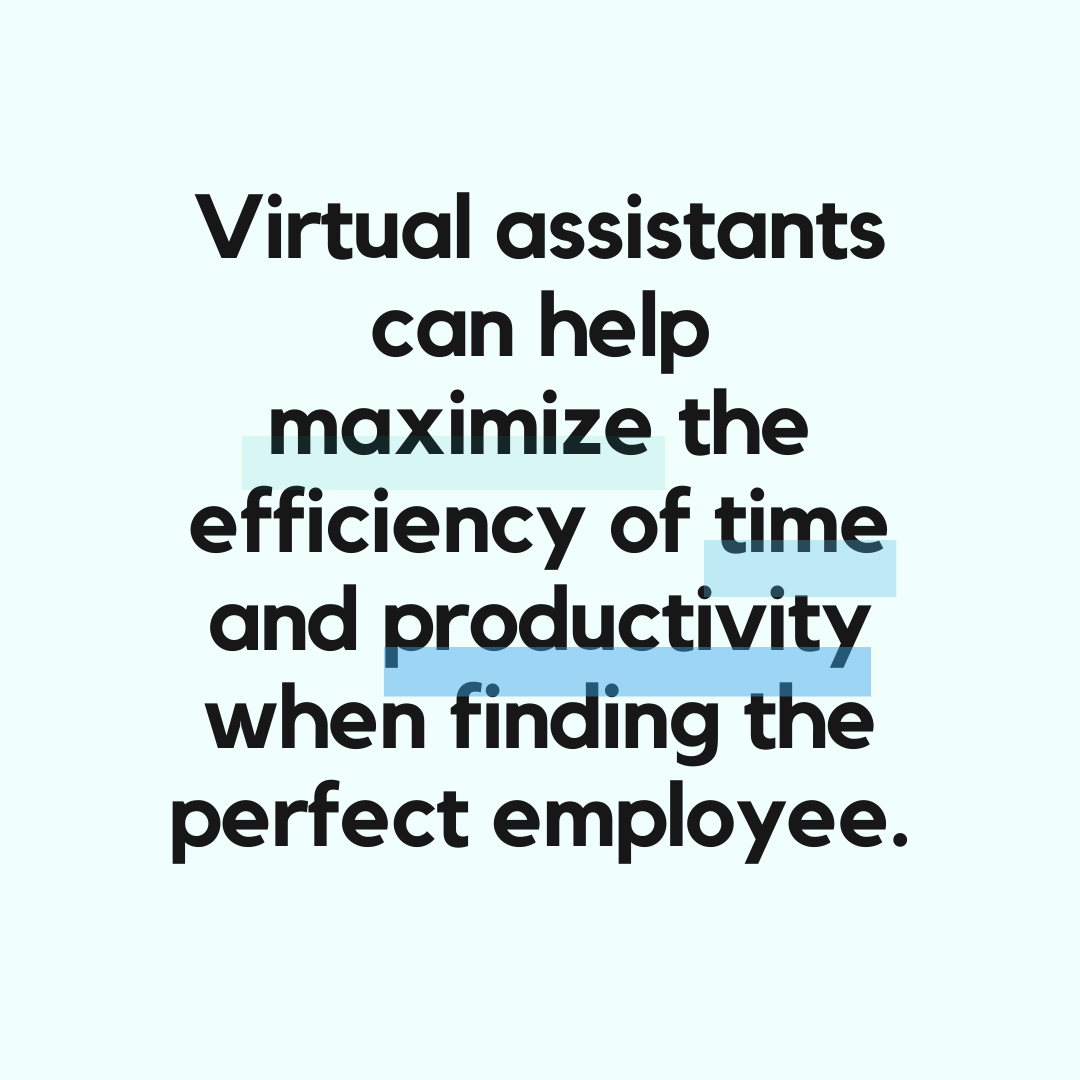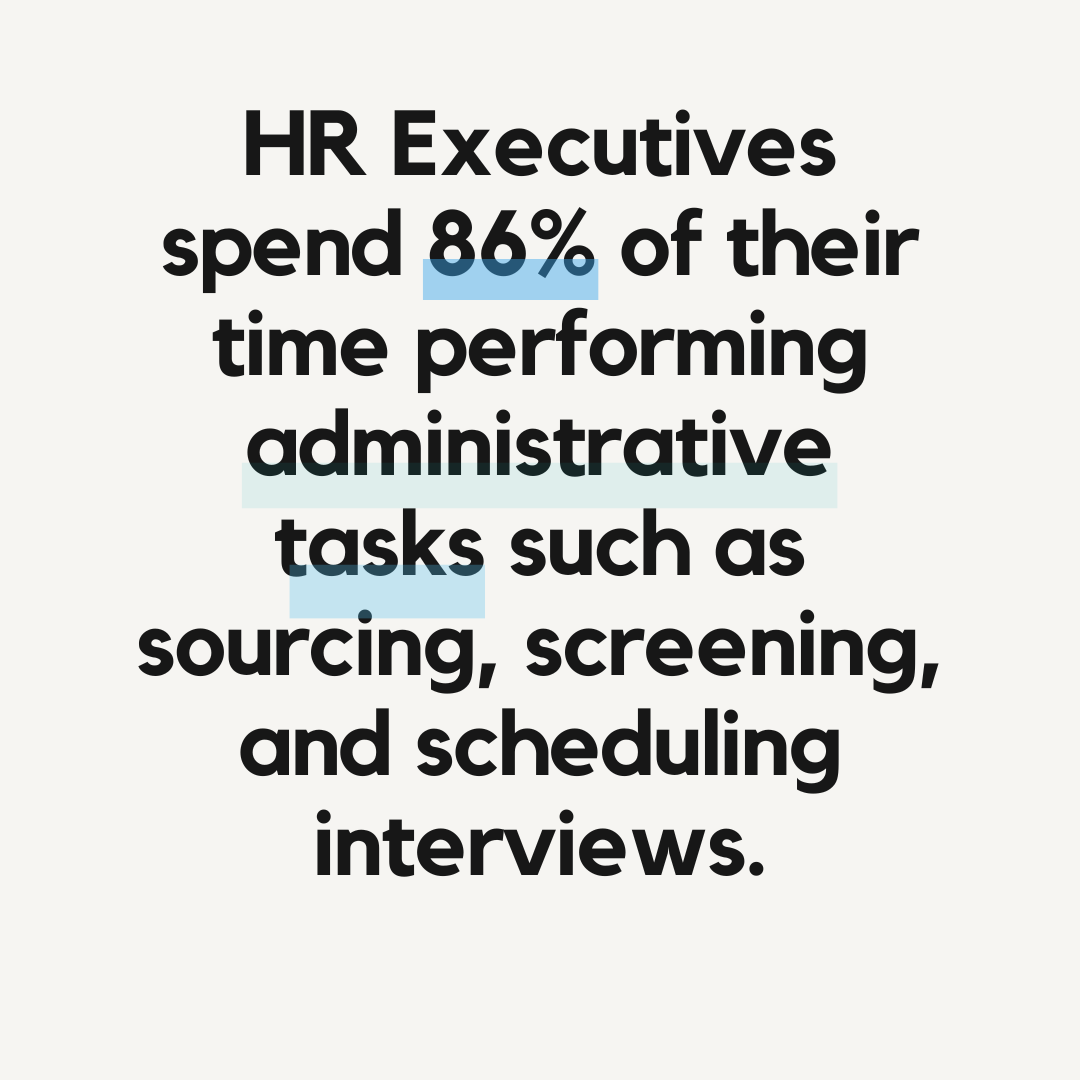The Best Employee Attendance Tracker Apps in 2024
Streamline attendance management and boost productivity with these cutting-edge solutions for businesses of all sizes.

Being on the frontlines of recruitment in business is often associated with the time-consuming responsibilities of sifting through CVs and scheduling countless interviews in hopes of finding the best fit for a company.
However, innovation has come a long way in changing the pace of how recruitment should be done, and one particular asset that has slowly climbed the ranks is virtual assistants.
These remote professionals are considered assets in supporting different branches in performing their routine responsibilities, regardless of the industry. This sentiment still rings true in recruitment, as virtual assistants can help maximize the efficiency of time and productivity when finding the perfect employee.

So, where do virtual assistants fit into the whole dynamic of the HR workforce?
The intricacies of efficiently running operations in this department aren’t just limited to hiring. HR’s responsibilities include promoting workplace safety, payroll management, workforce planning, and more.
With all these labor-intensive tasks constantly on the horizon, virtual assistants present heaps of benefits to relieve HR professionals of repetitive tasks and focus more on strategic responsibilities to enhance the company’s overall process.
Carrying on the importance of incorporating virtual assistants into operations and their benefits, one specific skill that makes virtual assistants an asset is their ability to enhance the overall experience for candidates.
By having a dedicated virtual assistant take on this responsibility, companies can feel assured that they leave a positive impression on candidates and potentially increase the chances of acquiring their desired candidate.
In a study by EY, HR Executives spend 86% of their time performing administrative tasks such as sourcing, screening, and scheduling interviews. The study also mentioned that scheduling a single interview can take up to 2 hours.
It only proves that performing these administrative tasks requires a significant amount of time investment, and having a virtual assistant can do great wonders in lightening workload while maximizing the recruitment process’s efficiency.
Much like any department, integrating new processes comes with its own set of specific opportunities and challenges. With recruitment, there’s the rise of automated hiring. However, maintaining the human element during the process is a must.
An appropriate example of this is when a tech company heavily relies on AI for recruitment. From a technical perspective, it’s easy to perceive this as efficient due to the AI narrowing down the list based on experience.
Sticking to this approach can yield benefits, but companies are also running the risk of hiring an employee who doesn’t fit the company’s culture.
While the idea of including AI in the hiring process is worth embracing, a study on ethics and discrimination in artificial intelligence-enabled recruitment practices mentioned the ethical consideration of ensuring that algorithms are free from biases.
With a virtual assistant handling the human element of recruitment, this presents opportunities for maximizing efficiency in choosing the best candidate backed by data and innovation.
Another two workplace concepts that would be beneficial as a company embraces virtual assistants in recruitment are diversity and inclusion in the workplace. These are considered fundamental pillars of a thriving organization.
While it has several benefits, such as access to a bigger talent pool and improved performance, there are also some challenges that come with enhancing the overall diversity and inclusion of companies.
These challenges, often perceived as technical and time-consuming, require a dedicated team to gauge the proper balance of implementing an inclusive workforce while also ensuring that every hiring fits within the company’s culture of efficiency and productivity.

Virtual assistants are redefining how companies perceive recruitment in today’s digital landscape. These remote professionals offer efficient data-driven insights and present new opportunities for HR professionals to elevate their efforts.
As the landscape continues to evolve, the role of virtual assistants is projected to rise, making them an indispensable asset in modern recruitment for years to come.
Browse our curated list of vendors to find the best solution for your needs.
Subscribe to our newsletter for the latest trends, expert tips, and workplace insights!
Streamline attendance management and boost productivity with these cutting-edge solutions for businesses of all sizes.

Explore the transformative influence of BI solutions on contemporary business strategies.

A company is only as good as its workers. Thus, its potential undoubtedly increases with a high-quality onboarding program.

From streamlining administrative and bureaucratic tasks to boosting motivation and productivity – the benefits of HRIS within an organization are extensive, making the investment worth it for both HR departments and companies.
Shortlister Connect is a tool specifically designed to be utilized by the HR and Procurement/Sourcing teams within mid-size, large and jumbo employers. Shortlister Connect allows these teams to efficiently research & identify their optimal vendor partners, track existing vendor relationships & performance and “connect” with other employers to share successes and vendor experiences.
If you are not on the HR or Procurement/Sourcing team within an employer with over 200 employees, you will not be granted access to Connect. Examples of individuals that would not be granted access include, but are not limited to: vendors, students, practitioners, researchers, other non-employers or anyone that is unwilling to identify themselves will not pass our vetting criteria. If you are a consultant, Shortlister offers a specialized product for consultants, called Shortlister Select. You can email Tom Ciccotti at tciccotti@myshortlister.com to learn more about Shortlister Select.
***Shortlister retains the exclusive right to grant or deny access to any party to ensure the privacy of the vendors in our system.
Please login with your LinkedIn Credentials
Used by most of the top employee benefits consultants in the US, Shortlister is where you can find, research and select HR and benefits vendors for your clients.
Shortlister helps you reach your ideal prospects. Claim your free account to control your message and receive employer, consultant and health plan leads.